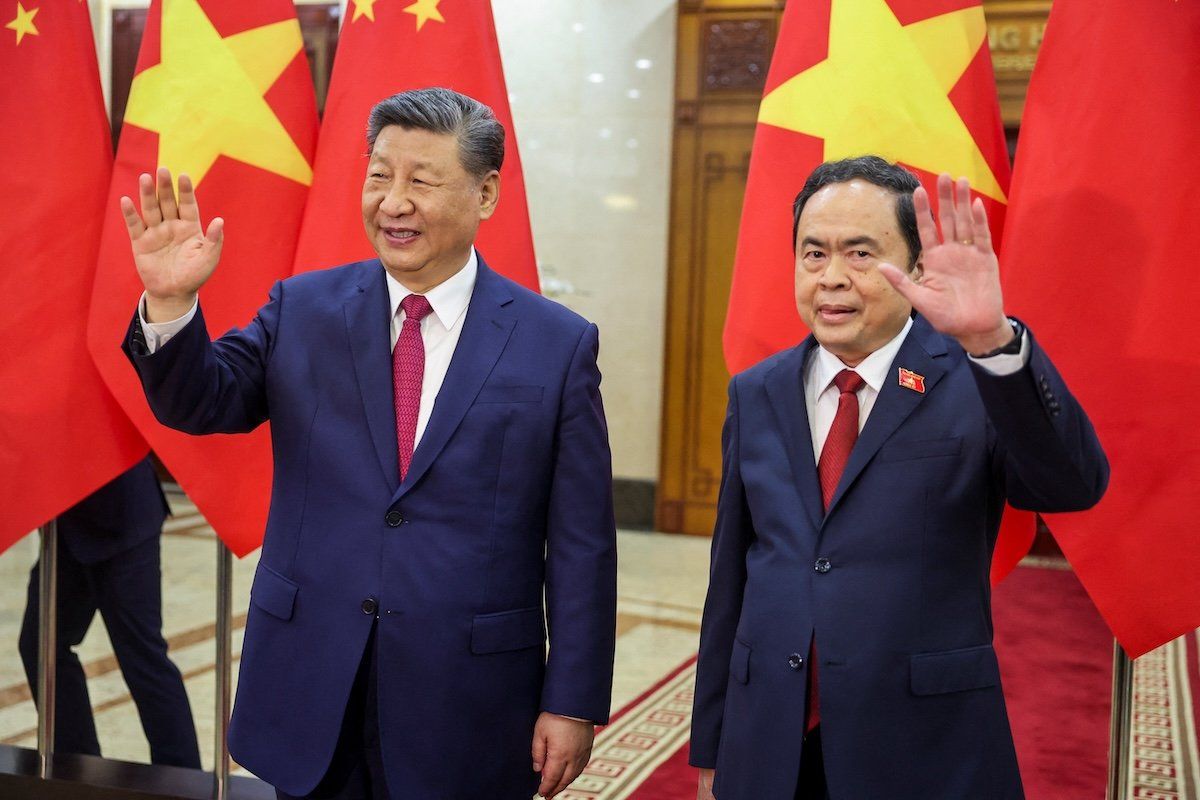With US-China trade war raging, Xi Jinping launches a charm offensive in Southeast Asia
Chinese President Xi Jinping was in Vietnam Monday, where he signed dozens of new economic agreements with his fellow communist-run neighbor. It was the first stop on Xi’s three-country swing through Southeast Asia which will also include Cambodia and Malaysia.
The trip comes as the US-China trade war rages – the world’s two biggest economies have now hit each other with triple digit tariffs and various trade restrictions.
Vietnam is caught in the middle. China is its biggest source of imports and investment, while the US is its largest export market. In recent years, many factories have relocated from China to Vietnam – or sent their products there for re-export to the US. Since 2016, US imports from Vietnam have tripled, and the US trade deficit with Vietnam has quadrupled, becoming America’s third largest after those with China and Mexico.
That’s put Vietnam in Trump’s crosshairs. His Liberation Day tariffs included a 46% “reciprocal” levy on Vietnam.
Perhaps no part of the world feels the US-China rivalry as keenly as Southeast Asia. The region’s deep economic ties with China are tempered by fears about Beijing’s growing regional assertiveness, particularly in the South China Sea. The US, meanwhile, is a huge market and a valuable security counterweight – but now, suddenly, a deeply unpredictable partner.
Who would you choose? In a recent poll, the Singapore-based Yusof Ishak Institute found that for the first time ever, a slim majority of the region’s people would ally with China over the US if they were forced to choose. But the breakout by country was stark: 80% of Filipinos and Vietnamese would still go with Uncle Sam.
